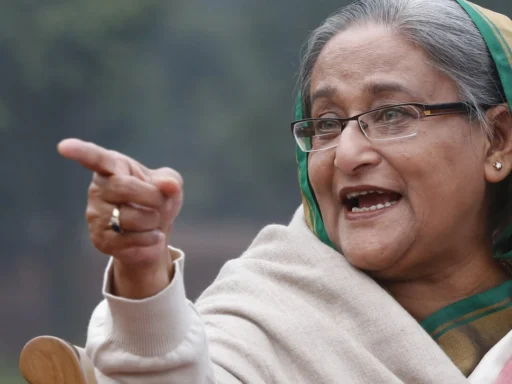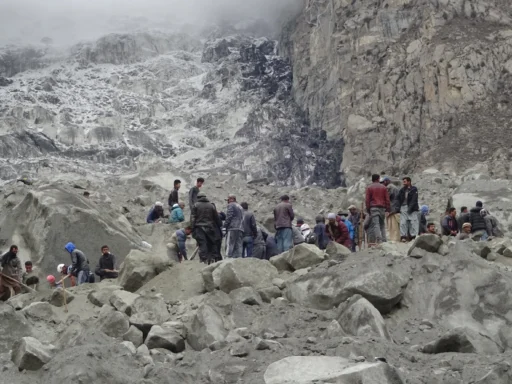South Korea Faces Political Turmoil:South Korea is currently navigating a profound political upheaval as President Yoon Suk-yeol confronts impeachment proceedings. The unprecedented events have triggered national debates and international scrutiny. Here, we provide a comprehensive analysis of the situation, exploring its implications for South Korea’s democracy, economy, and global standing.
Background of the Impeachment Case
The impeachment motion against President Yoon emerged amidst mounting allegations of misconduct and abuse of power. Critics have pointed to controversial decisions involving judicial reforms, alleged mismanagement of domestic policies, and strained foreign relations. The South Korean National Assembly passed the motion with a significant majority, reflecting widespread discontent within the legislature.
South Korea Faces Political Turmoil
Key Allegations
- Judicial Overreach: Accusations that President Yoon undermined the independence of South Korea’s judiciary by intervening in high-profile cases.
- Economic Policy Missteps: Discontent over stagnant wage growth, inflationary pressures, and perceived negligence toward small businesses.
- Diplomatic Strains: Controversial remarks and policies have reportedly alienated key allies, including the U.S. and Japan.
Political Ramifications
The impeachment crisis has exposed rifts within South Korea’s political framework. Yoon’s conservative People Power Party (PPP) has faced challenges rallying support, while opposition parties capitalize on the turmoil to consolidate their positions.
Impact on Public Trust
Public opinion surveys indicate a stark divide, with younger generations increasingly disillusioned with the political establishment. Analysts fear this erosion of trust could lead to lower voter turnout in upcoming elections.
Opposition Strategies
The Democratic Party of Korea (DPK) has leveraged the situation to critique the administration’s failures. Protests organized by civic groups underscore widespread frustration, signaling potential shifts in the political landscape.
Economic Consequences of the Impeachment Proceedings
The impeachment has had immediate effects on South Korea’s economy, with market volatility reflecting investor concerns.
Financial Market Turmoil
The South Korean won has experienced fluctuations, while foreign investment inflows have slowed as uncertainty looms. The stock market, particularly sectors reliant on stable governance, has recorded declines.
Trade Partnerships at Risk
Key trading partners are closely monitoring developments, as South Korea’s reputation as a stable economy is integral to global supply chains.
Global Reactions to Yoon’s Impeachment
International leaders and organizations have expressed varied responses to the crisis. Neighboring countries such as China and Japan are assessing how this political instability might influence regional dynamics.
Implications for U.S.-South Korea Relations
The U.S., a critical ally, has called for a swift resolution to ensure continuity in security and trade cooperation. Delays in decision-making could hinder joint military exercises and economic collaborations.
The Path Forward: Scenarios and Outcomes
As the impeachment trial proceeds, several outcomes are possible:
- Acquittal: This would allow Yoon to resume his duties, but with diminished authority and public confidence.
- Conviction: A conviction would trigger a new presidential election, with opposition parties poised to gain ground.
Potential Reforms
Regardless of the trial’s outcome, calls for systemic reforms are intensifying. These include measures to enhance judicial independence, improve economic equity, and strengthen checks and balances within the government.
Conclusion
President Yoon Suk-yeol’s impeachment represents a critical juncture in South Korea’s democratic journey. The crisis underscores the need for accountability, robust institutions, and transparent governance. As the nation grapples with these challenges, the outcomes will reverberate far beyond its borders, shaping the future of South Korean politics and its role in global affairs.
Source : The New York Times




